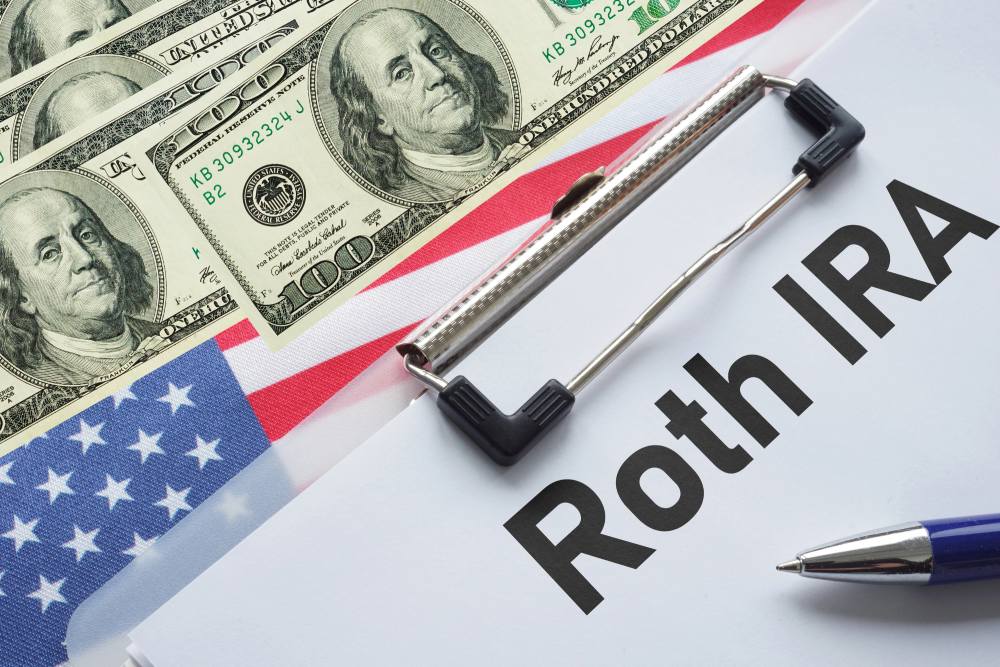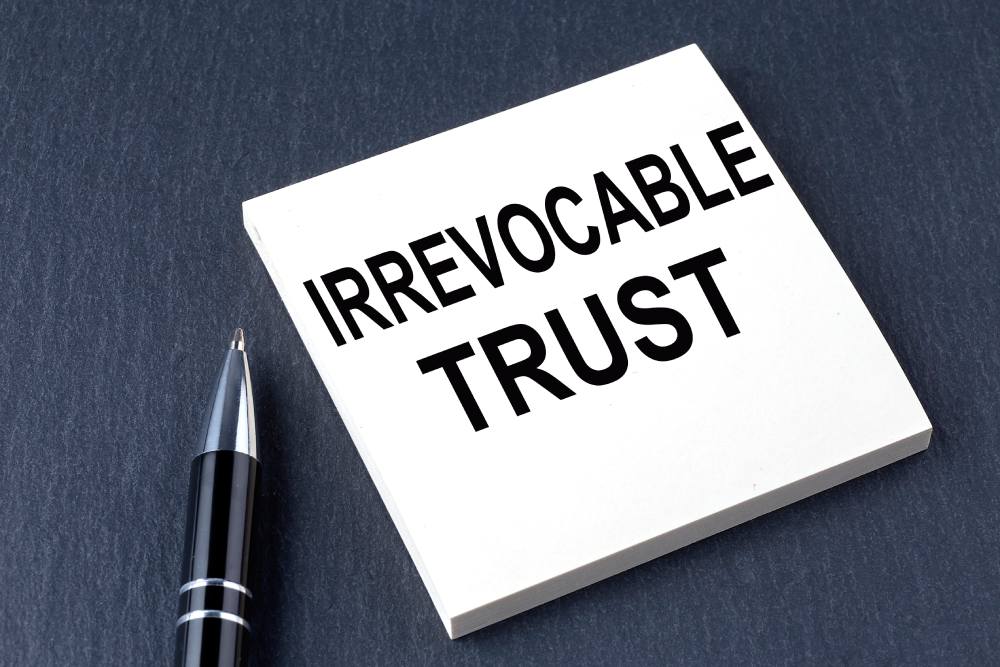Knowledge of self-directed IRA real estate rules is imperative for investors exploring alternative assets within retirement accounts. Self-directed IRAs allow ownership of real estate while offering tax advantages, but they come with specific regulations that must be followed to maintain compliance.
Investors who hold property in these accounts need to be familiar with IRS guidelines, account administration, and investment restrictions. Professional custodians play a big part in managing these complexities and maintaining compliance for clients.
Rule One: Prohibited Transactions Are Strictly Enforced
One of the most important self-directed IRA real estate rules involves prohibited transactions. Account holders cannot buy or sell property to themselves, their family members, or entities in which they have a controlling interest.
This restriction includes spouses, children, parents, and certain fiduciaries. Violating this rule can trigger severe penalties, including disqualification of the IRA and tax liability.
Working with reliable trust and investment management services helps investors know which transactions are off-limits and how to structure deals correctly.
Rule Two: Unrelated Debt-Financed Income
Self-directed IRAs can hold leveraged real estate, but the IRS applies Unrelated Business Income Tax (UBIT) to profits from debt-financed property. If the IRA takes on a mortgage or other financing, part of the rental income may be subject to taxation under self-directed IRA real estate IRS rules.
Realizing the impact of UBIT is important when planning investment strategies. Custodians can calculate the tax implications and help clients structure investments to minimize unexpected liabilities while maintaining compliance with IRS regulations.
Rule Three: No Personal Use of Property
Using property held in a self-directed IRA for personal purposes is prohibited. Investors cannot reside in or vacation at the property, nor allow family members to use it rent-free. Violating this rule can invalidate the tax-advantaged status of the account.
Custodians experienced in self-directed IRA real estate rules provide guidance to make sure properties are rented, leased, or held solely for investment purposes. This oversight protects the account from costly penalties and preserves its intended benefits.
Rule Four: All Expenses Must Be Paid by the IRA
Another regulation is that all expenses related to the property must be paid from the IRA itself. This includes taxes, insurance, maintenance, and management fees. Personal funds cannot be used to cover these costs.
Using external funds could constitute a prohibited transaction under the self-directed IRA real estate IRS rules. Working with professionals helps investors maintain accurate accounting and ensures that funds are drawn exclusively from the IRA, keeping records clean and compliant.
Rule Five: Income Belongs to the IRA
Any income generated from real estate investments within a self-directed IRA must flow directly back into the account. Rental income, profits from sales, or other revenue cannot be deposited into personal accounts.
Custodians manage these transactions and record all income accurately, which is in keeping with dependable trust and investment management services standards. Maintaining this separation protects the tax advantages of the IRA and supports compliance with federal regulations.
Rule Six: Required Reporting and Recordkeeping
Keeping thorough records is necessary for compliance with self-directed IRA real estate rules. Custodians maintain detailed documentation of transactions, income, expenses, and contributions. This information supports IRS reporting requirements and prepares clients for potential audits.
Proper recordkeeping also allows investors to track performance, evaluate property values, and make strategic decisions about future investments. Trust companies specializing in self-directed IRAs can simplify this administrative responsibility, giving investors confidence in their account management.
Rule Seven: Work with Experienced Custodians
Finally, one of the most practical self-directed IRA real estate rules is to hire a qualified custodian. Custodians handle transactions, compliance, reporting, and recordkeeping while guiding investors through the complexities of real estate ownership in retirement accounts.
Partnering with experts in self-directed IRAs and trust structures ensures adherence to all IRS rules, protects account integrity, and supports strategic investment planning.
This professional oversight is invaluable for avoiding common pitfalls and maximizing the potential of real estate within retirement accounts.
Nevada Trust Company and Self-Directed IRA Real Estate
Nevada Trust Company focuses on guiding clients through self-directed IRA real estate rules with complete oversight and expert advice. Our team manages all aspects of real estate investments within self-directed IRAs while maintaining compliance with IRS regulations and account protections.
We also offer reliable trust and investment management services and incorporate Nevada asset protection trust strategies for added security. Clients benefit from a professional approach that balances growth, compliance, and asset protection.
We handle all self-directed IRA real estate IRS rules with meticulous attention to detail, giving investors confidence that their accounts are compliant and optimized for long-term growth.
By working with our custodians, clients can focus on strategic investment decisions while we manage reporting, recordkeeping, and account administration.
If you have questions about real estate investing within a self-directed IRA, contact the Nevada Trust Company today to learn how we can support your retirement strategy.



